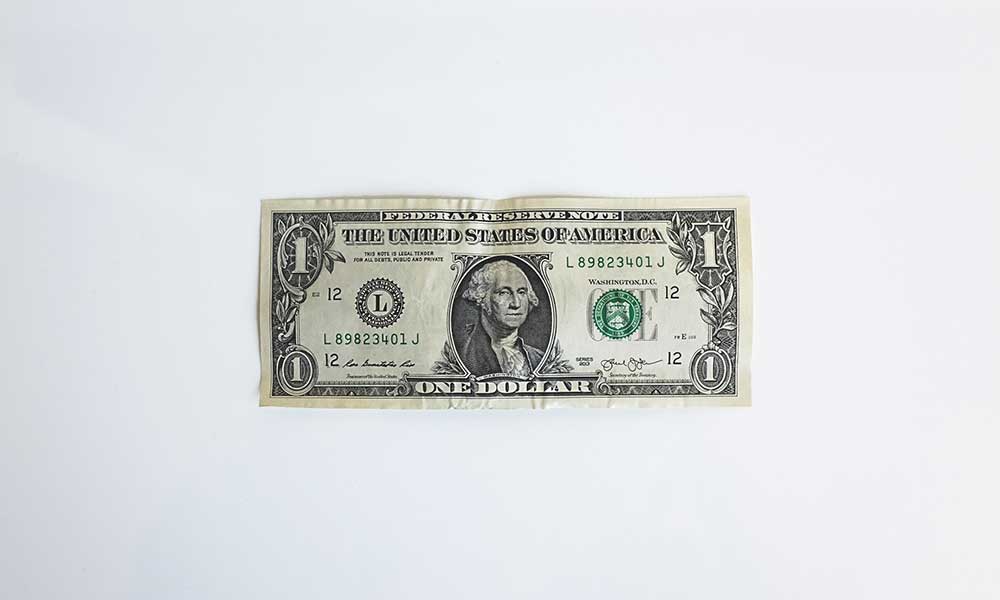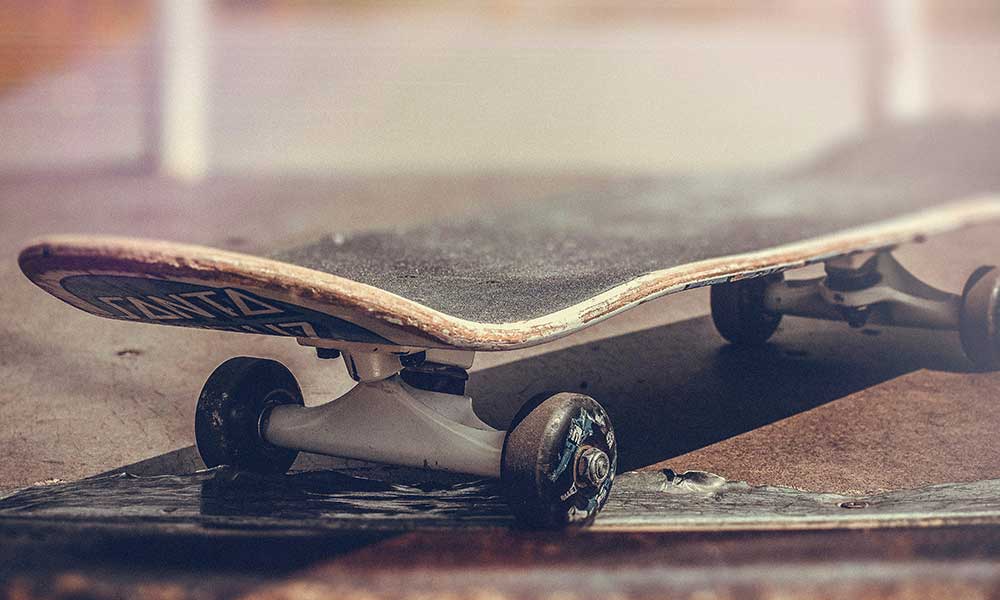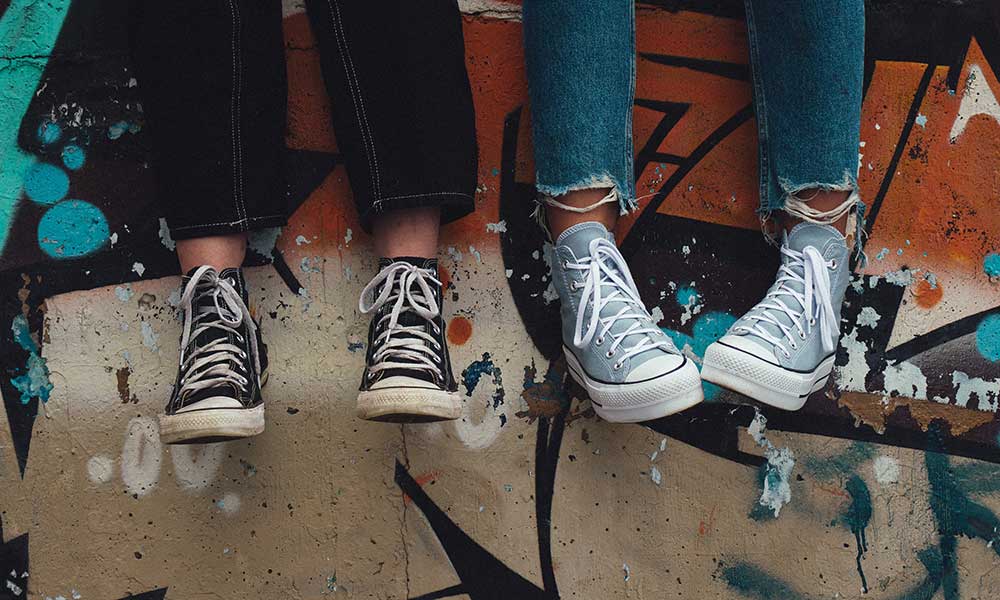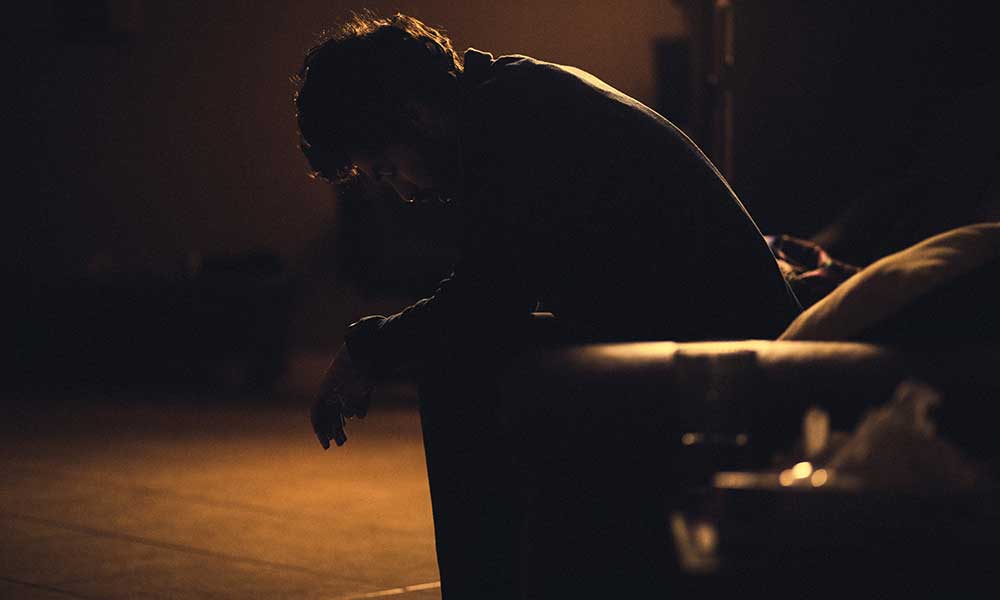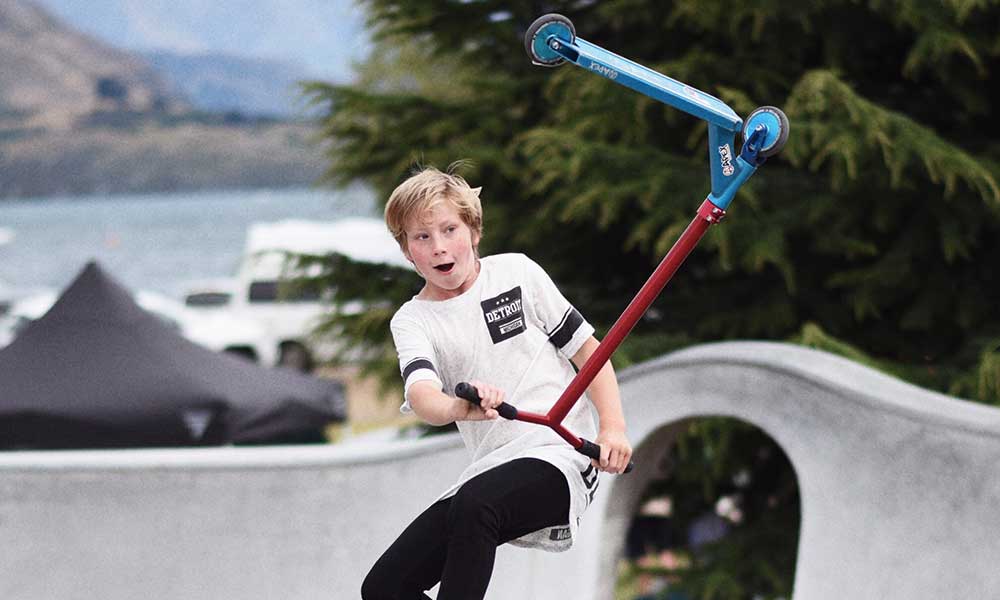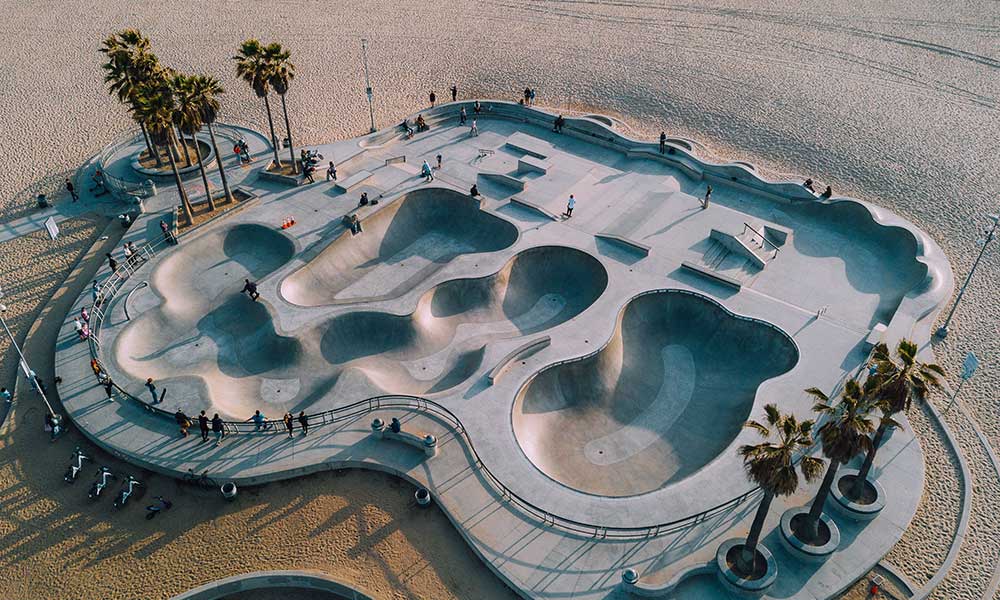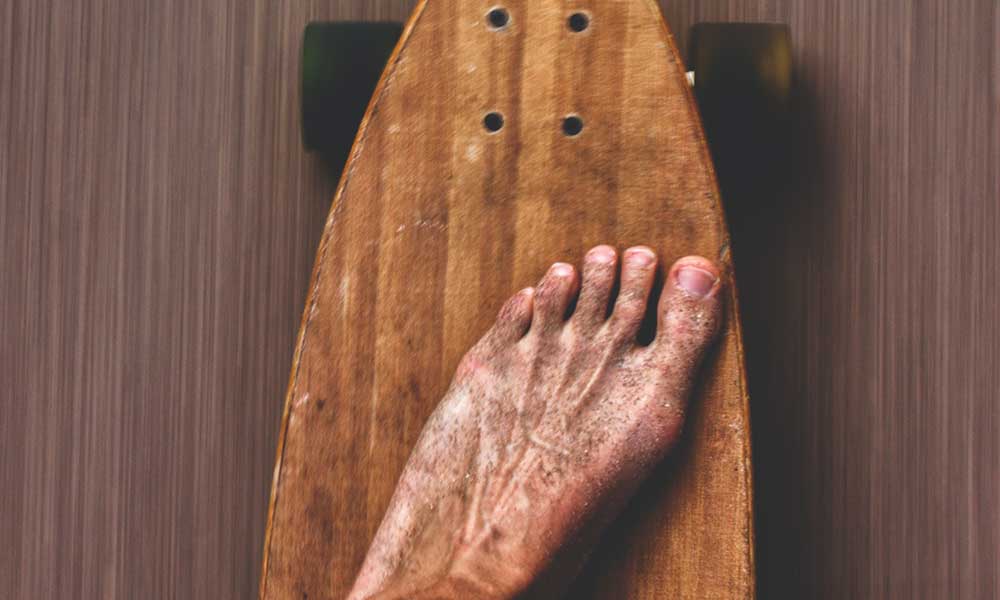Professional skateboarders can make a lot of money and have very long and lucrative careers. That’s not the case for all of them, though. So, how much do professional skaters make and how big are the swings between the lowest-earning pros and those at the very top of their game?
How Much Do Pro Skaters Make?
Professional skateboarders make about $40,000 to $50,000 per year on average.
That might not sound like much for professionals who regularly feature in high-level competitions, but that’s just the median salary and it covers all full-time skaters.
The best skaters make upwards of $200,000 while struggling skaters make around $20,000.
How Do Professional Skateboarders Get Paid?
There are a few ways to earn as a professional skateboarder:
Prize Money
Prize money is one of the main ways that professional skateboarders earn money. These tournaments are hosted throughout the year and award prize money to skaters who finish in the top positions.
The X Games is one of the biggest events. It’s an annual competition that covers many extreme sports and typically offers a 5-figure sum for each discipline.
The Street League Skateboarding World Tour, which was founded by Rob Dyrdek back in 2010, is a massive skateboarding tournament, as is the Van Park Series.
In the past, events like the Maloof Money Cup also had huge prize funds, offering up to $160,000 for a single event, but this hasn’t been hosted for a number of years.
Of course, these competitions attract the best pro skaters in the world, so it’s far from easy money, but there are many other tournaments out there.
Prize money is also inconsistent and unreliable. If you’re injured, you don’t compete, which means you don’t earn. And as we have seen since 2020, sometimes even the biggest events can be canceled for reasons that are completely out of your control.
Sponsorships and Endorsements
Sponsorships and endorsements provide pro skaters with some additional ways of making money. They are a little more consistent and reliable, and it’s also a great way for skaters to get paid even when they are injured or have been forced to take a break.
The vast majority of pro skaters have some kind of sponsorship deal. These deals are often with skateboard companies and urban fashion brands, but they have also been known to sign big deals with energy drink brands, health and fitness brands, video gaming companies, and tech companies.
These days, you don’t need to be a megastar to secure one of these deals. As long as you’re competing professionally and making appearances at major events, you can sign sponsorship deals. There’s always a brand willing to pay you to wear their shoes, ride their skateboards, or stick some logos on your skateboard.
Side Hustles
YouTube, Instagram, and TikTok have provided professional skateboarders with some great options for personal branding. These sites can be used to post videos, training tips, and more, and as those accounts grow, they generate a profit.
You can run ads, host sponsorships, and even use your social media presence to launch your own line of merchandise.
Many pro skaters have used their capital, reputation, and reach to form new businesses. At best, they usually serve as a co-founder or co-owner. Sometimes they are little more than a figurehead for an urban brand. But particularly savvy skaters have been known to launch brands completely on their own, allowing them to take all the profits when that company flourishes and is eventually sold.
Do Pro Skateboarders Have a Lot of Expenses?
If you’re looking at that $200,000 annual salary and plotting all of the ways you will spend it, remember that you’ll also have some expenses to deal with.
Most of these are deductible, so they can help you to save on your taxes, but the end result is still the same, and you won’t have as much money as you think you will.
If you’re promoting businesses and other personal brands, you’ll have to factor promotional costs into the equation. You may also need to hire writers, designers, developers, admin staff, virtual assistants, accountants, and lawyers, and that’s just the start.
Professional skateboarding is a busy profession. You’ll be spending most of your time on the road, and will need to think about fuel costs, train tickets, plane tickets, hotels, and everything else that comes with spending weeks away from home.
That’s before you even think about the actual equipment you need to skate. Of course, skateboards aren’t that expensive, but you can’t expect to make it as a pro if you’re using a cheap $50 board bought from Amazon. The best skaters need the best skateboards, and those skateboards are not cheap!
Who Is The Richest Professional Skateboarder?
According to consistently unreliable “net worth” websites, Tony Hawk is worth over $140 million.
That’s a lot of money for a professional skater to make and it’s enough to inspire any kid (or adult, for that matter) to follow in his footsteps.
But Tony Hawk is a businessman, actor, and all-round celebrity. He has made a fortune from sponsorships and endorsement deals. He has featured in many top films and TV shows and his name and likeness was also attached to one of the most successful video game series in history.
In other words, he is an outlier, but he’s also proof that skateboarders, like all athletes, can transcend their sport and earn significantly more than anyone else in their field.
Can You Make a Living Off of Skateboarding Today?
The golden age of skateboarding has come and gone. It’s fair to say that there will probably never be another Tony Hawk when it comes to sheer profitability and marketability. But skateboarders still make a lot of money, and if you have the skills, charisma, and business acumen, there’s no reason why you can’t be a millionaire skateboarder.
It’s not likely, and super-rich skaters compose a very small percentage of the total number of pro skaters, but it’s still possible.
Even if you don’t quite make it to that level, you can still earn a decent living from this sport.
After all, not every skateboarding competition offers 4- and 5-figure prize pools and the best pros aren’t interested in small competitions. Someone needs to fill those rosters, and that means amateurs have a number of chances to earn a respectable wage.

